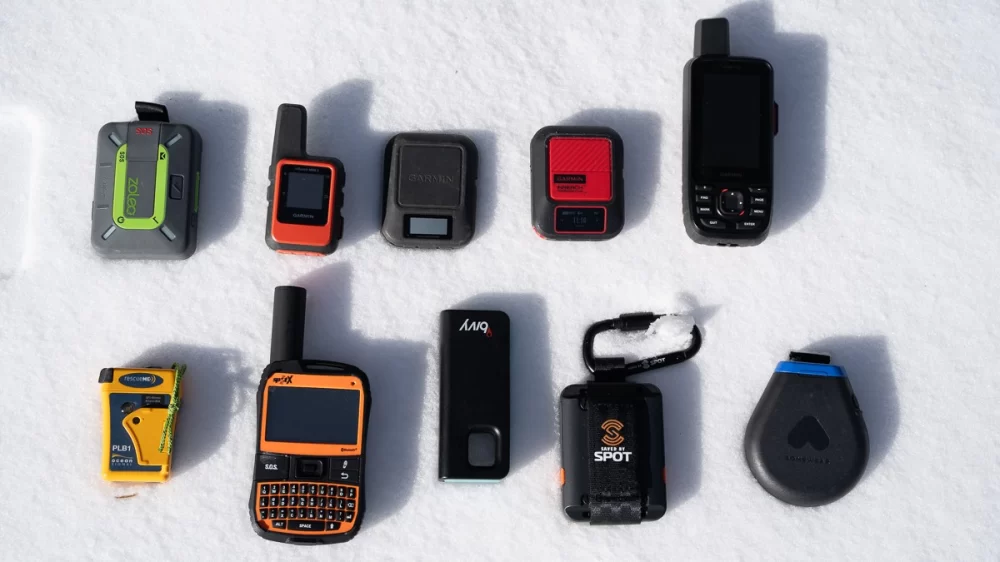Discover the best camping navigation tools, including apps and outdoor devices that make your camping trips safer and easier. Learn how to choose the best navigation tools for your next hiking or camping adventure.

The Best Camping Navigation Tools for Safe and Easy Outdoor Adventures
Hidden Creek Farm and Camping Pitch
805 Jesse Byrd Rd, Hartsville, SC 29550, USA
Visit Location PageIndian Creek Landing Campground
682-, 690 Ohio River Scenic Byway, Vevay, IN 47043, USA
Visit Location Page